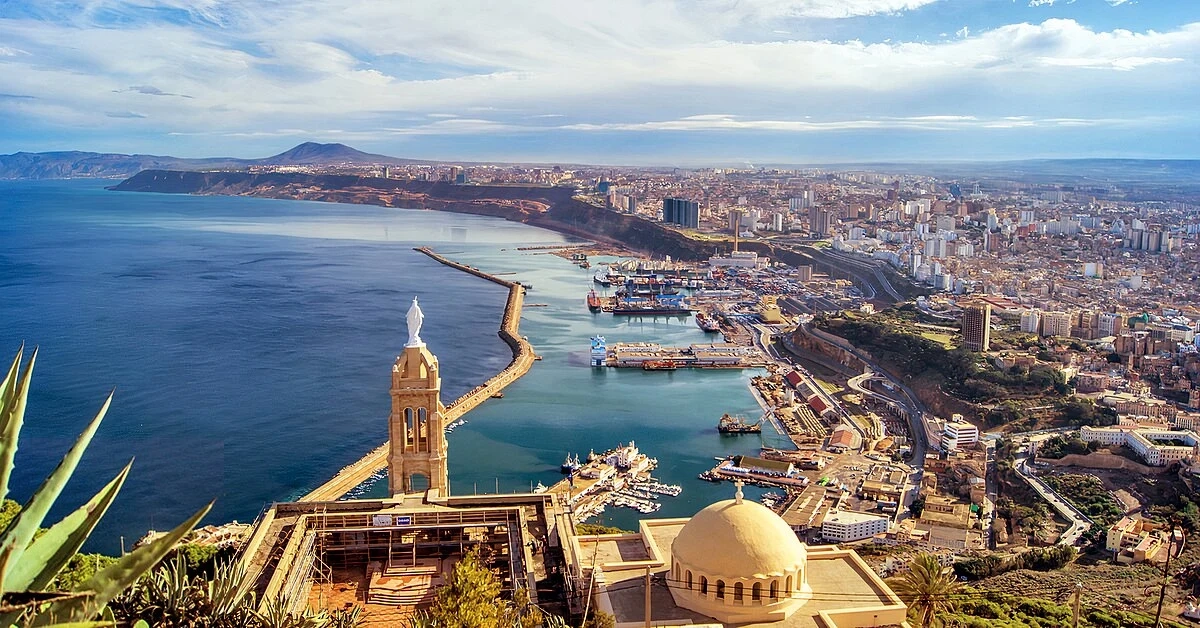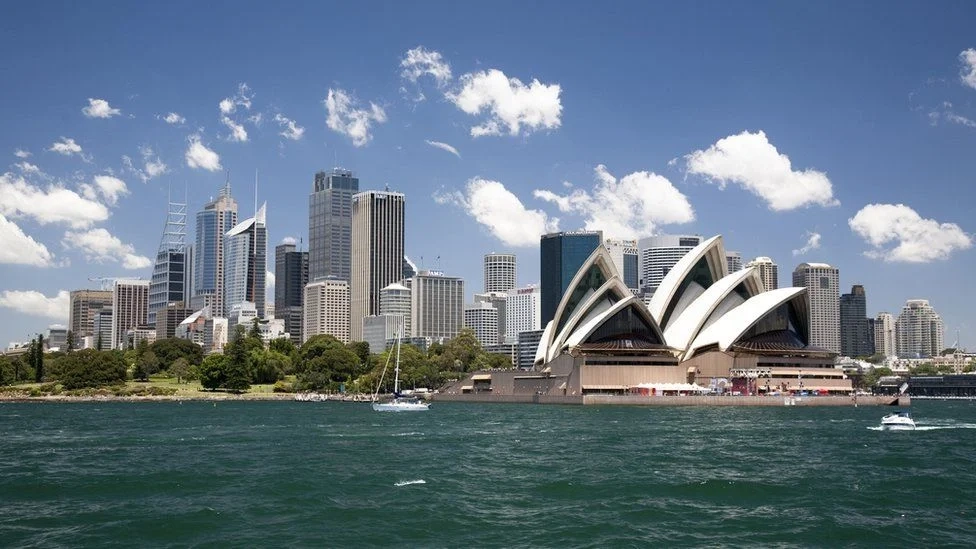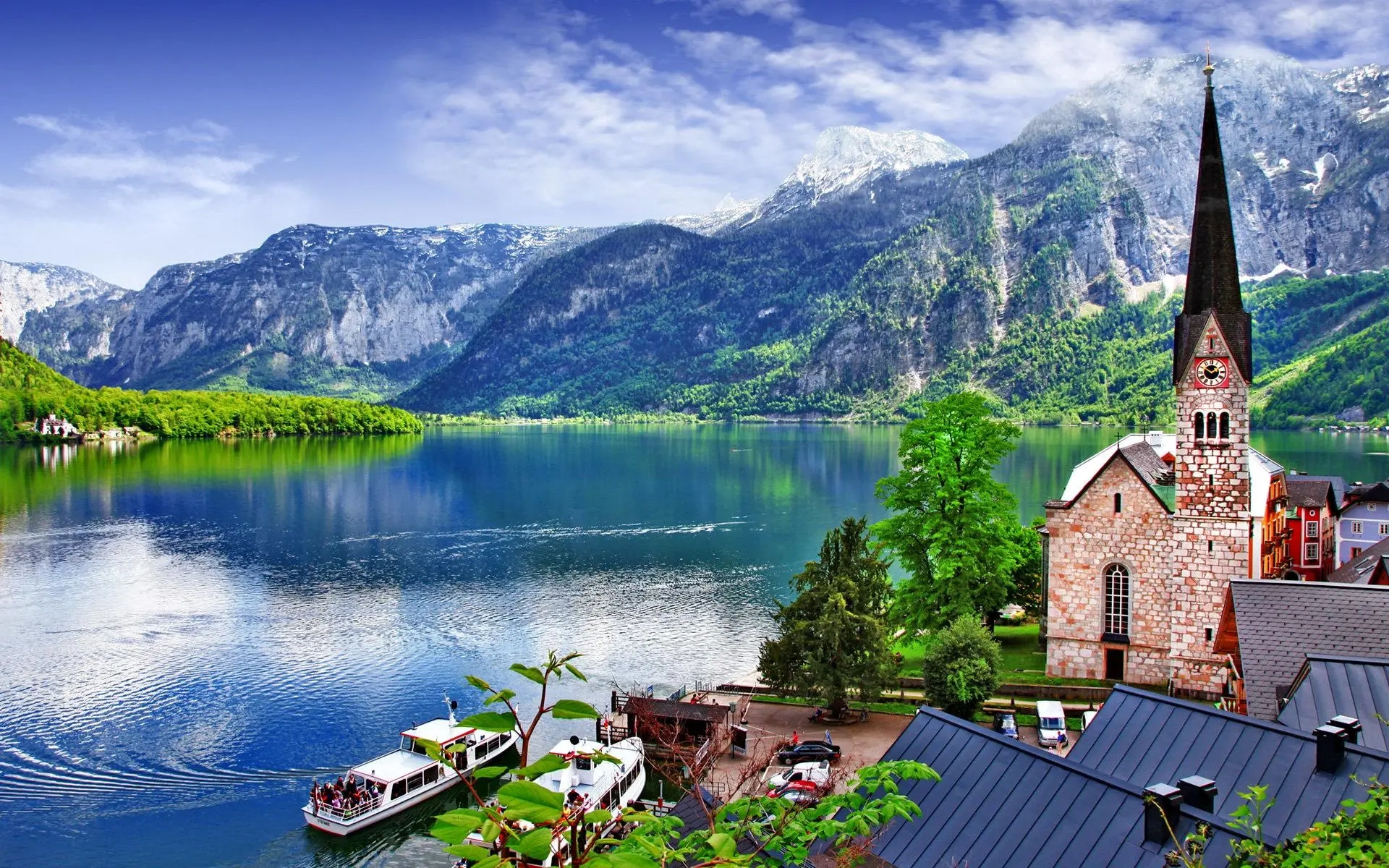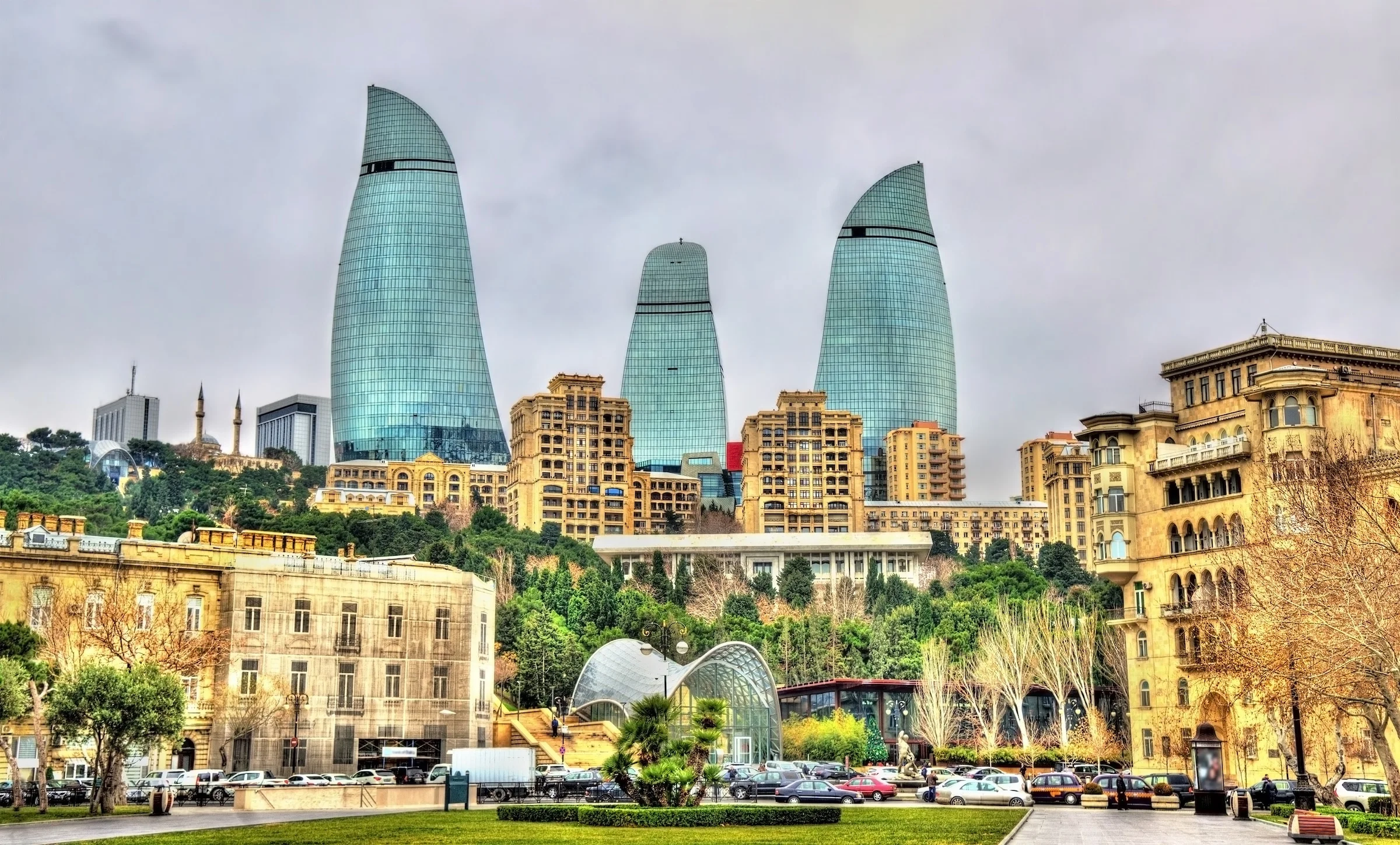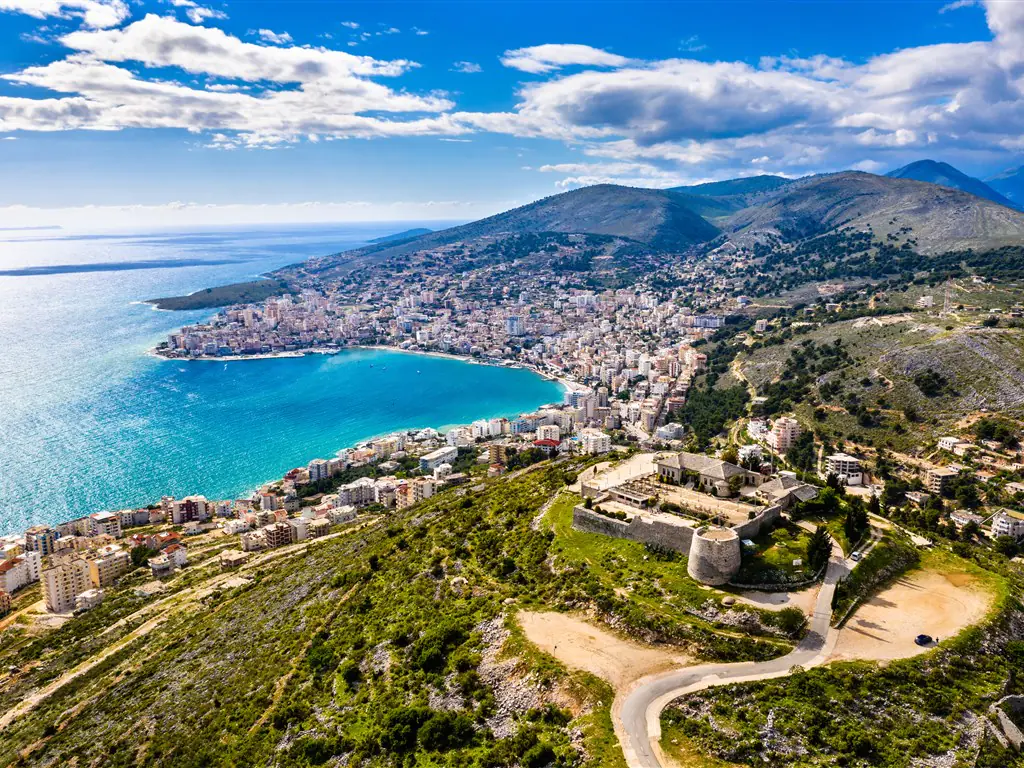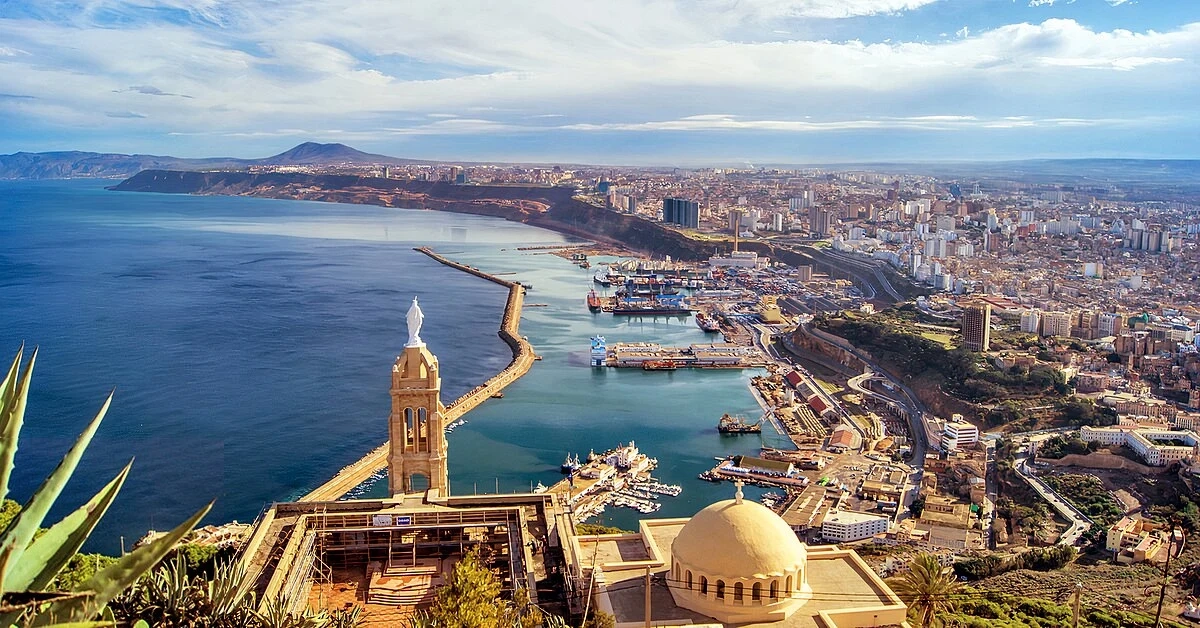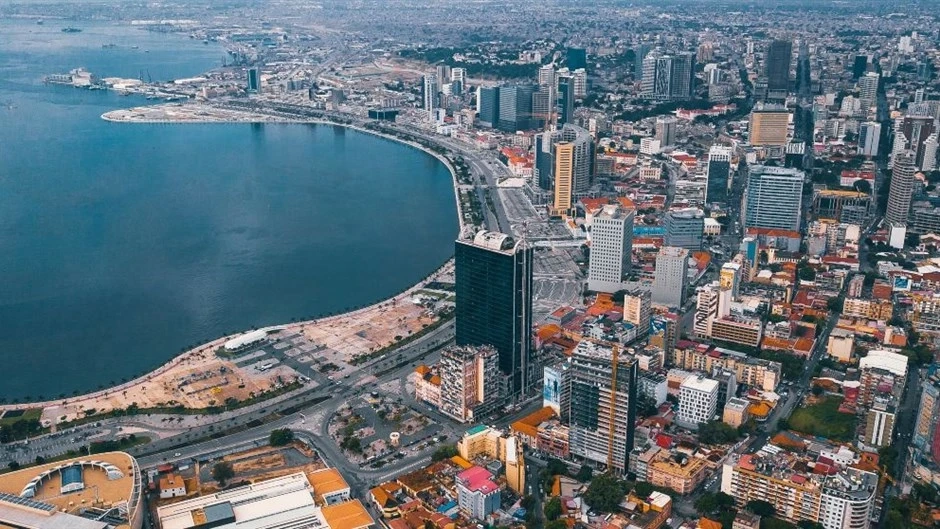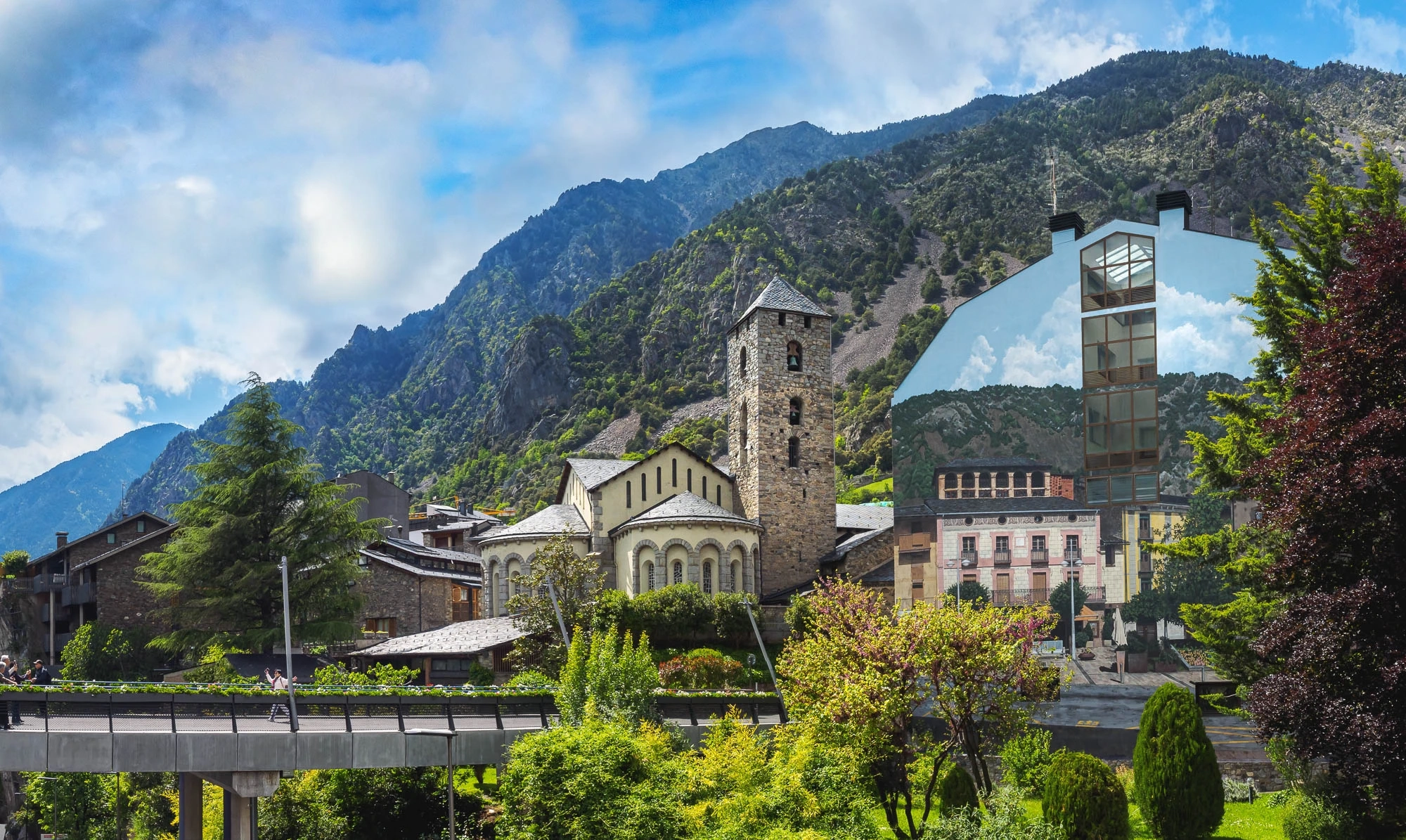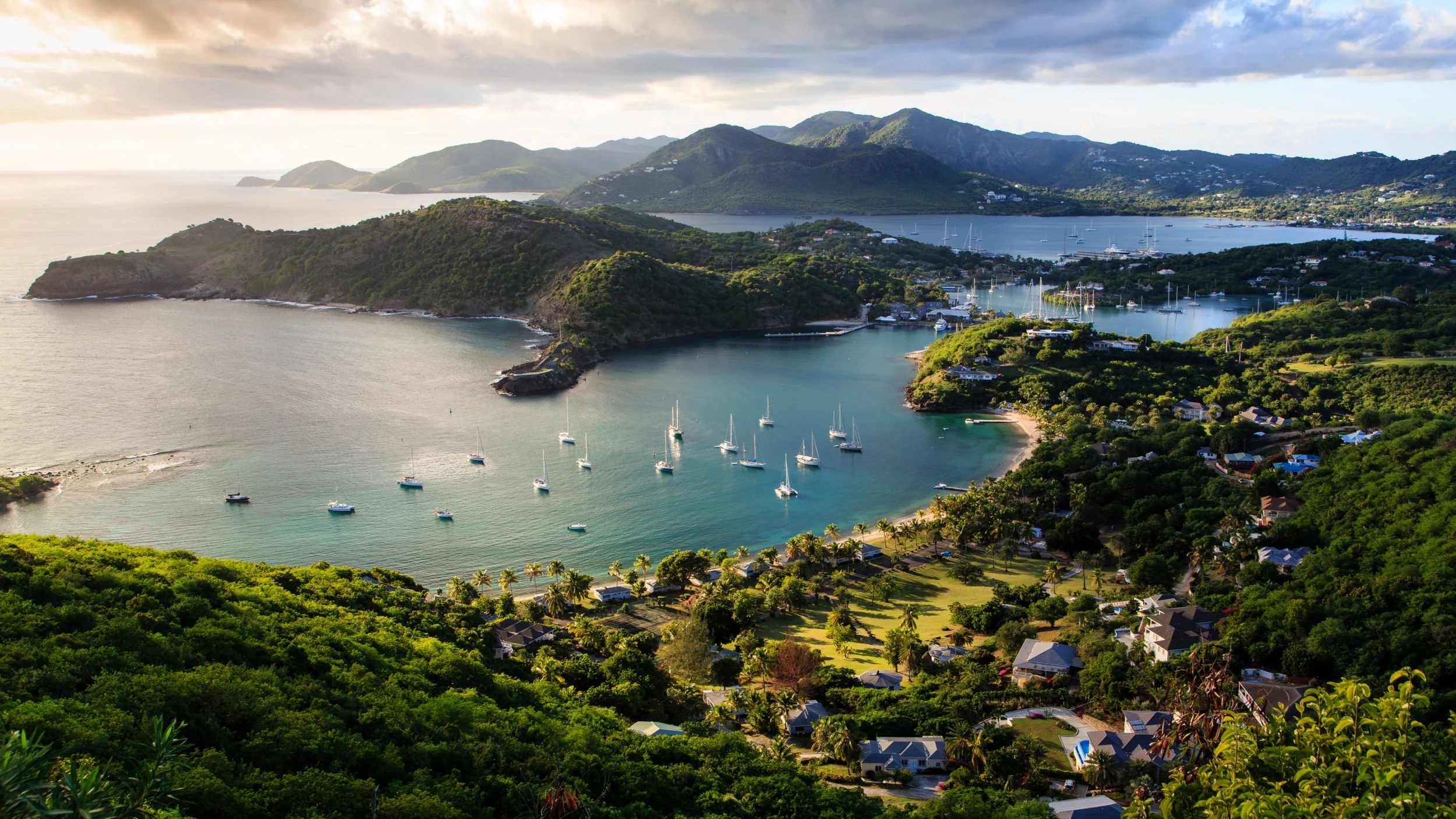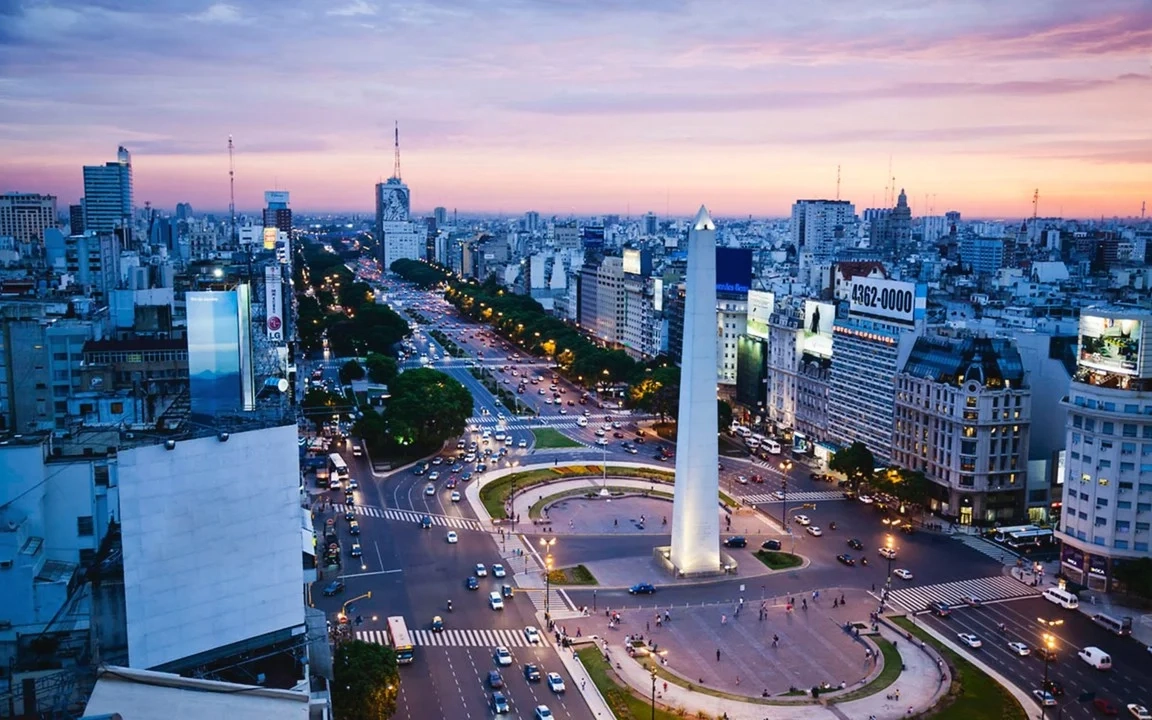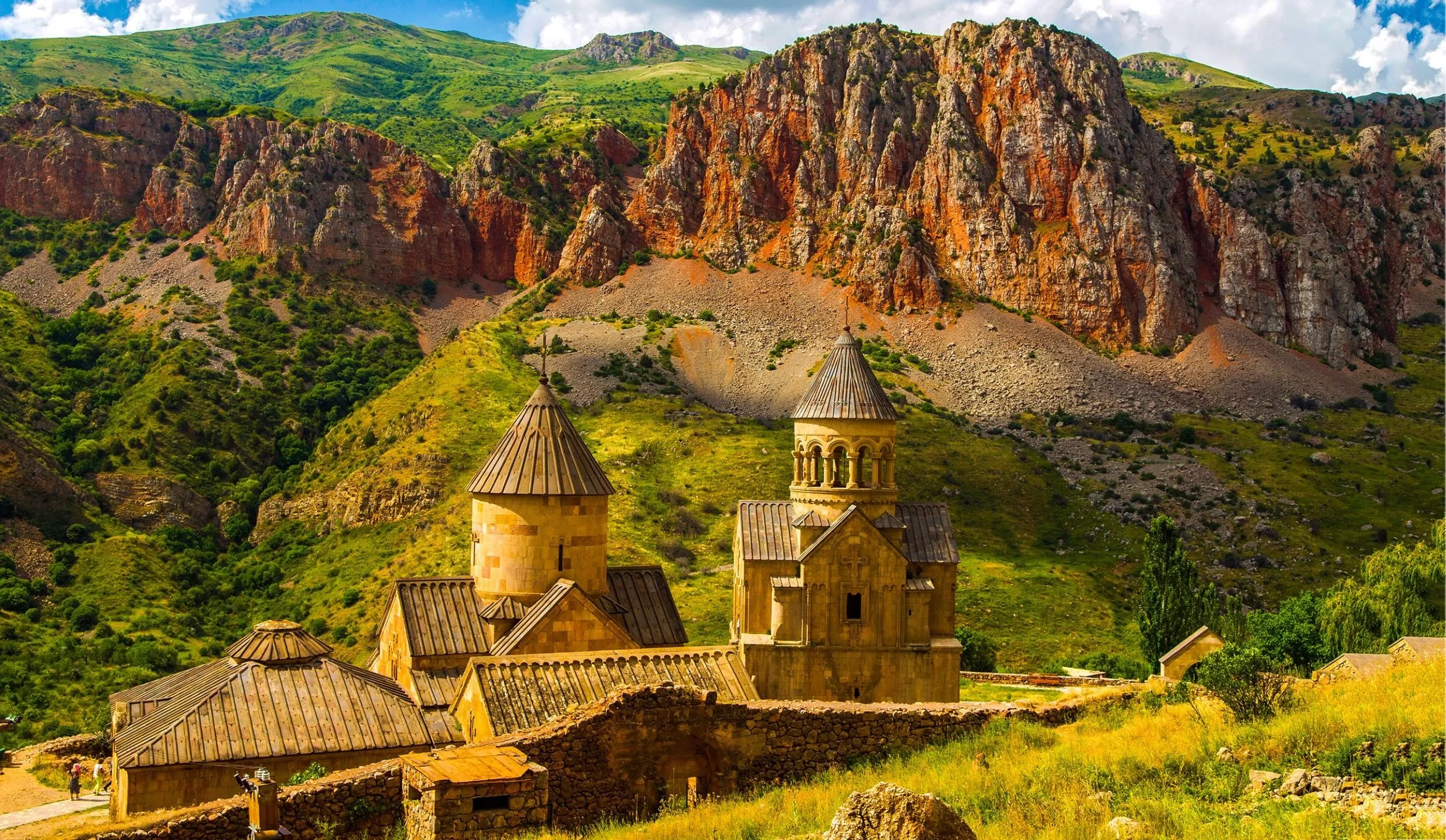• Average cost of rent: The cost of renting a home in Algeria can vary significantly depending on the city and neighborhood. In large cities such as Algiers, Oran and Constantine, rents tend to be higher, ranging from 138.07 to 690.33 EUR or more per month for a one-bedroom apartment in the city center. In smaller cities and rural areas, housing costs may be lower.
• Healthcare: Algeria has a universal healthcare system that provides free medical services to its citizens and residents.
• Utilities: Utilities such as electricity, water and heating are relatively affordable. Average monthly costs for basic utilities can range from 13.81 to 34.52 EUR.
• Food: The cost of groceries can vary, but a typical monthly food budget for one person can range from 103.55 to 207 EUR.
• Meals in restaurants: Eating out at local restaurants or cafes is generally affordable. A meal at a mid-range restaurant can cost between 10.35 and 20.71 EUR.
Known for its rich history and diverse landscapes, Algeria offers a unique living experience in North Africa. Understanding the cost of living in Algeria in 2024 is crucial for expats, investors, and tourists planning to spend time in the country.
Below are the average costs of various aspects of daily life in Algeria in 2024, including food, personal items, housing, utilities, clothing, transportation, and entertainment.
Food 🍽️
Item | Average Cost (EUR) |
Milk (1 liter) | 0.80 |
Bread (500g loaf) | 0.30 |
Eggs (12) | 1.20 |
Chicken (1kg) | 3.50 |
Apples (1kg) | 2.00 |
Potatoes (1kg) | 0.60 |
Restaurants 🍴
Type of Meal | Average Cost (EUR) |
Meal at inexpensive restaurant | 5.00 |
Three-course meal for two at mid-range restaurant | 25.00 |
Combo meal in fast food restaurant (big mac meal or similar)
| 4.00 |
Domestic beer (0.5 liter draught) | 1.50 |
Cappuccino (regular) | 1.20 |
Personal Items 🧴
Item | Average Cost (EUR) |
Shampoo (400 ml) | 2.00 |
Deodorant (50 ml) | 1.50 |
Toothpaste (100 ml) | 0.80 |
Toilet paper (4 rolls) | 1.00 |
Housing 🏡
Type of Housing | Average Monthly Cost (EUR) |
One-bedroom apartment (city center) | 250 |
One-bedroom apartment (outside city center) | 150 |
Three-bedroom apartment (city center) | 500 |
Three-bedroom apartment (outside city center) | 350 |
Utilities 🔌
Utility | Average Monthly Cost (EUR) |
Electricity, heating, cooling, water, garbage (85m² apartment) | 30 |
Internet (60 Mbps or more, unlimited data) | 25 |
Clothing 👗
Item | Average Cost (EUR) |
Jeans (Levi's or similar) | 35 |
Summer dress (Zara, H&M) | 25 |
Running shoes (Nike, Adidas) | 50 |
Business shoes (leather) | 70 |
Transportation 🚗
Type of Transportation | Average Cost (EUR) |
Monthly public transport pass | 10 |
Taxi start (normal tariff) | 0.60 |
Taxi 1km (normal tariff) | 0.30 |
Gasoline (1 liter) | 0.35 |
Sports ⚽
Activity | Average Monthly Cost (EUR) |
Fitness club membership | 20 |
Tennis court rental (1 hour on weekend) | 5 |
Entertainment 🎬
Activity | Average Cost (EUR) |
Cinema ticket (1 seat) | 3.00 |
Concert ticket | 15.00 |
Museum entrance | 2.00 |
The cost of living in Algeria in 2024 can vary greatly depending on your lifestyle and where you live. Understanding the costs will help you better plan your stay in Algeria, ensuring a comfortable and enjoyable stay in this North African country.
Pros:
- Scenic beauty: The country offers a variety of landscapes, from the Sahara Desert to coastal regions, making it ideal for nature lovers and outdoor enthusiasts.
- Affordable cost of living: The cost of living in Algeria is generally lower than in many Western countries, making it more budget-friendly.
- Local cuisine: Algerian cuisine is diverse and offers a wide range of traditional dishes that are both flavorful and unique.
- Language opportunities: Arabic and French are widely spoken, providing opportunities to learn or improve language skills.
- Free healthcare: Algeria provides free medical services in the public healthcare system to citizens and residents, ensuring access to healthcare.
Cons:
- Security concerns: Some regions of Algeria may face security issues, so it is important to be informed and cautious about safety.
- Economic challenges: Algeria has faced economic challenges in recent years, including high youth unemployment and dependence on oil and gas revenues.
- Limited entertainment opportunities: Despite the presence of cultural and historical attractions, entertainment and leisure activities may be limited compared to major cities in other countries.
- Diversity of the healthcare system: The quality and accessibility of healthcare services may vary from region to region, and some healthcare facilities may be under-resourced.
- Transportation: Public transportation infrastructure may not be as developed and reliable as in some other countries.
1. Algiers. As the capital and largest city of Algeria, Algiers offers a wide range of economic opportunities, cultural attractions and educational institutions. It has a vibrant urban atmosphere, historical monuments and a diverse population.
2. Oran. Located on the Mediterranean coast, Oran is known for its scenic beauty, pleasant climate and vibrant cultural and artistic life. It is a major port city with a thriving economy.
Known as the "City of Bridges", Constantin is famous for its dramatic location on a plateau with deep canyons. The city has a rich history, and its architecture and culture are attractions.
3. Tlemcen is known for its historical significance and is often referred to as the "City of Saints". It offers a peaceful and culturally rich environment.
4. Setif is known for its economic activities, including agriculture and industry. It offers a comfortable lifestyle with amenities and services.
5. Located on the northeast coast, Annaba is another coastal city with access to beautiful beaches. It has a thriving economy and is known for its port and tourism.
1. Arabic and French are the main languages spoken in Algeria. Learning at least some basic phrases and vocabulary in one or both of these languages can greatly help with communication and integration.
2. Be aware of the security situation in your chosen location in Algeria. Be aware of any travel advisories or local security concerns.
3. Understand and respect local religious customs and holidays. Be aware of specific ceremonies and events that may affect daily life.
